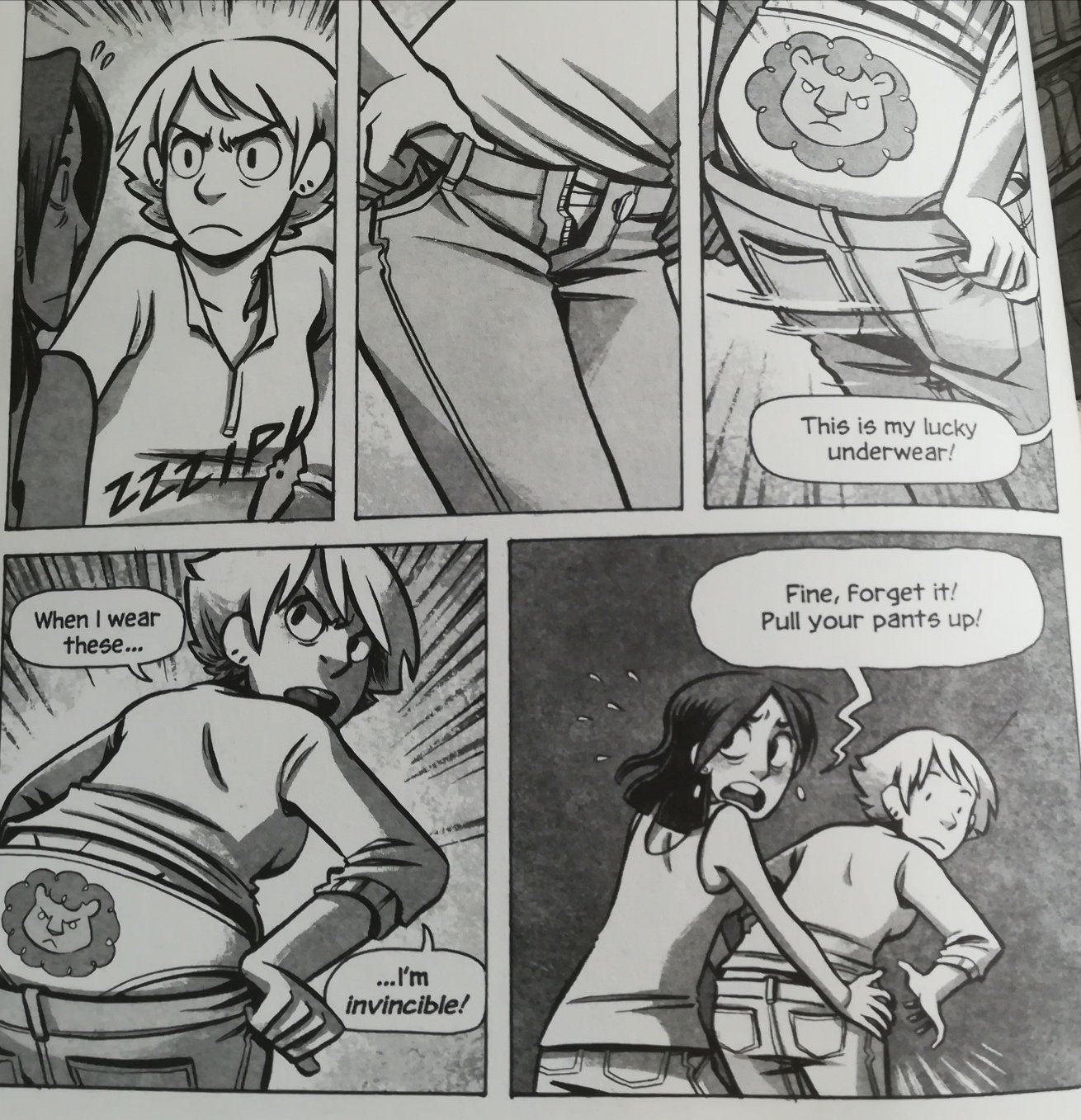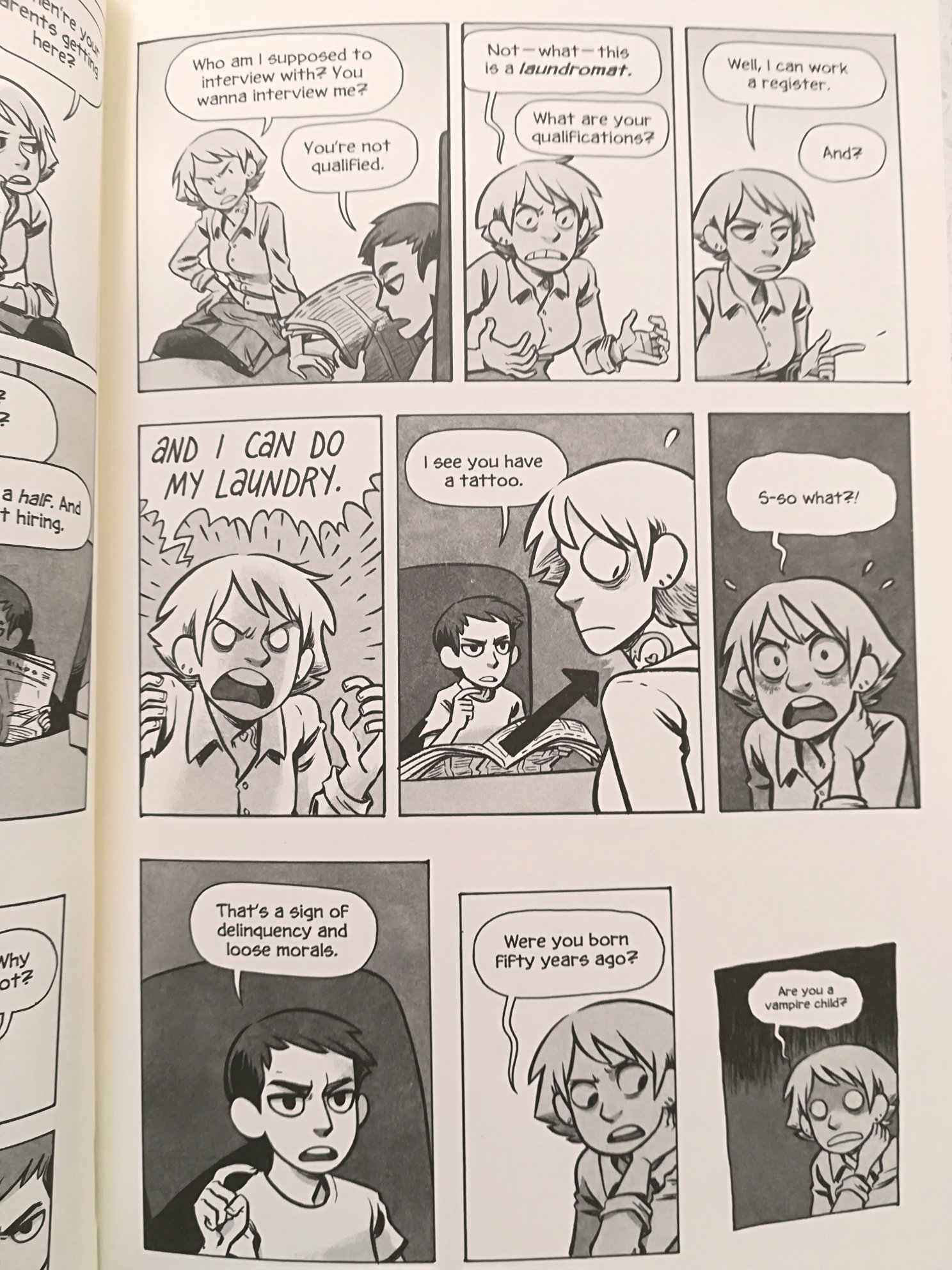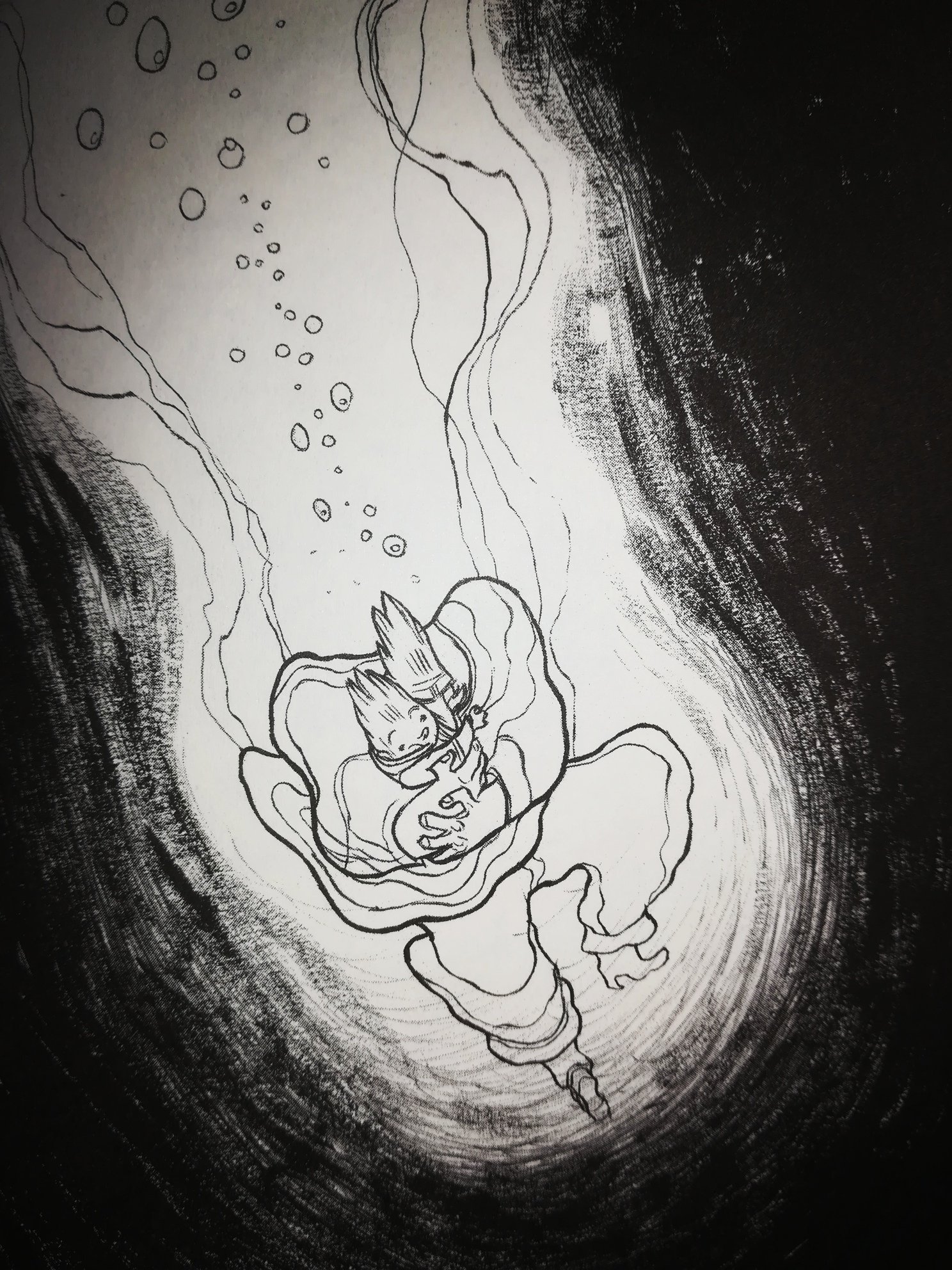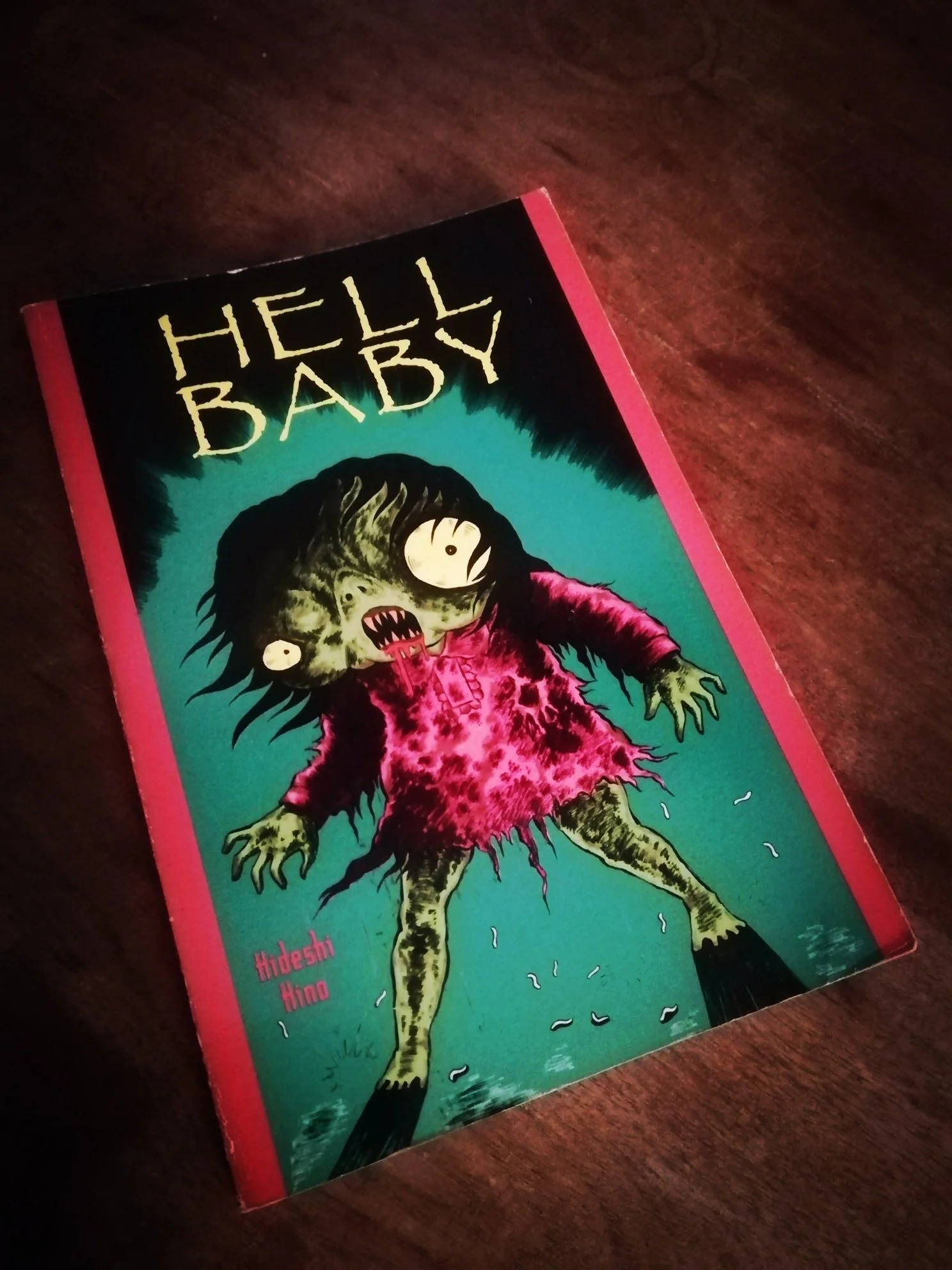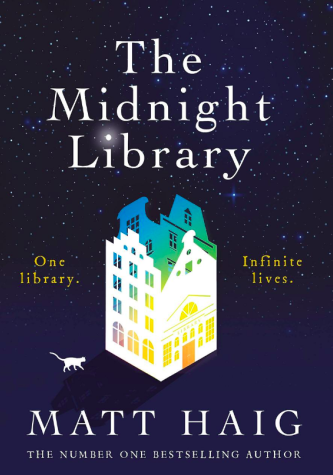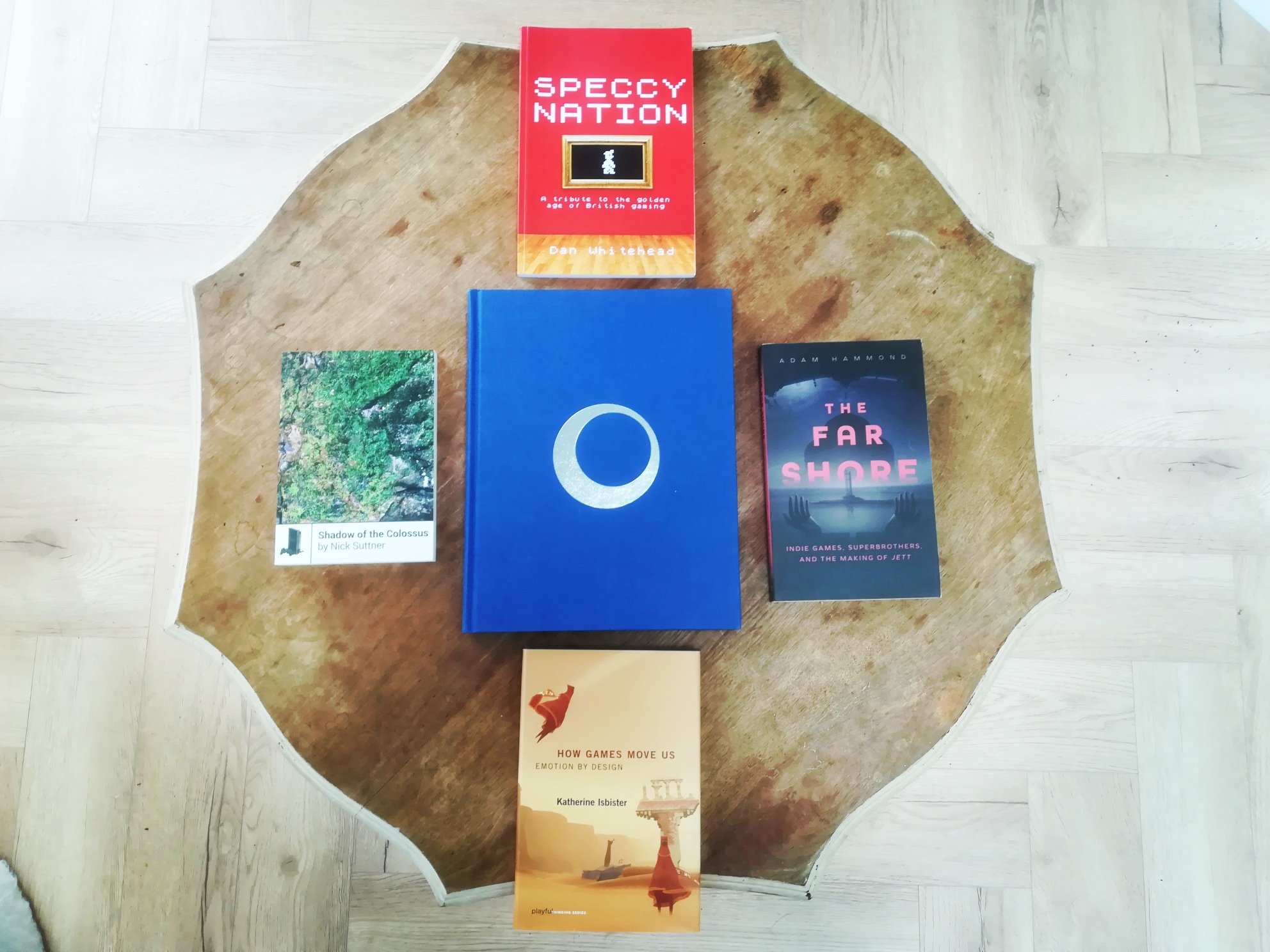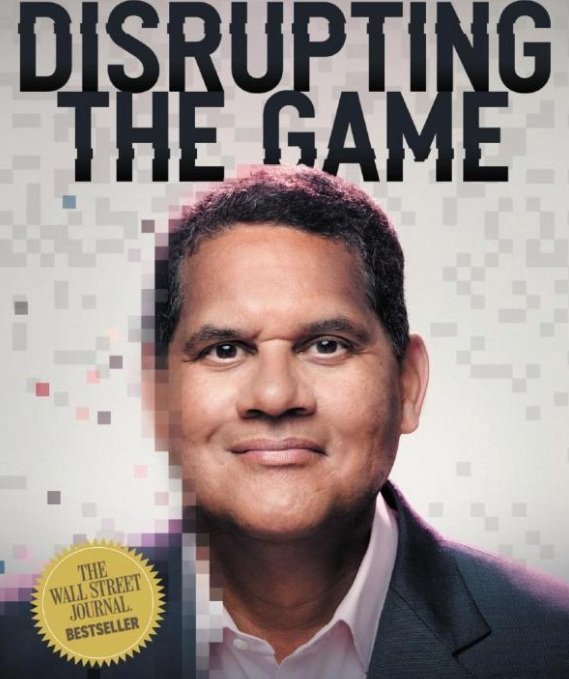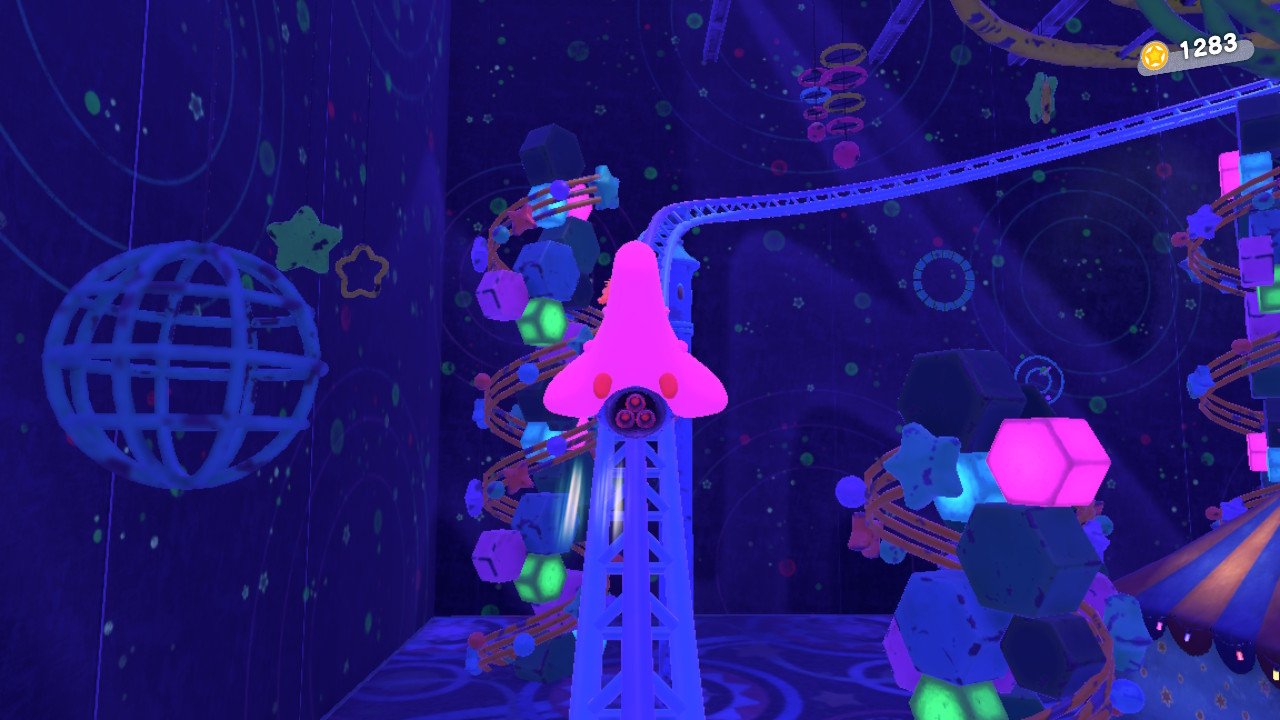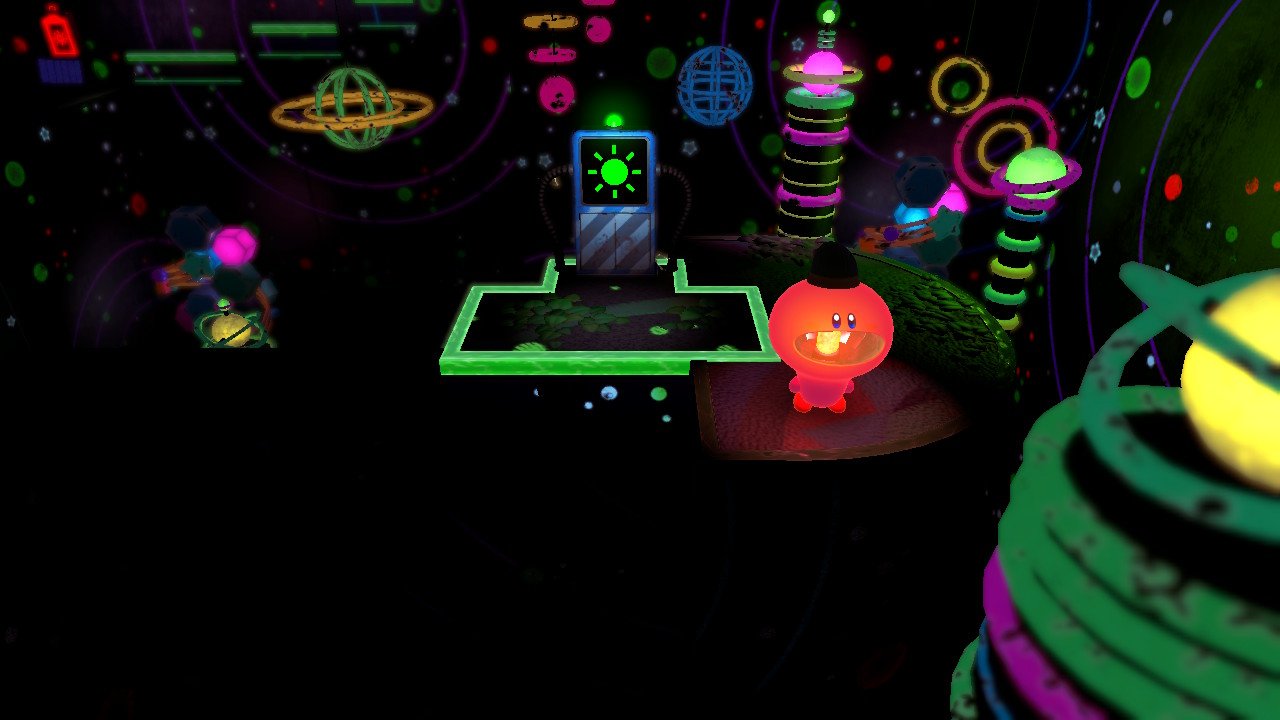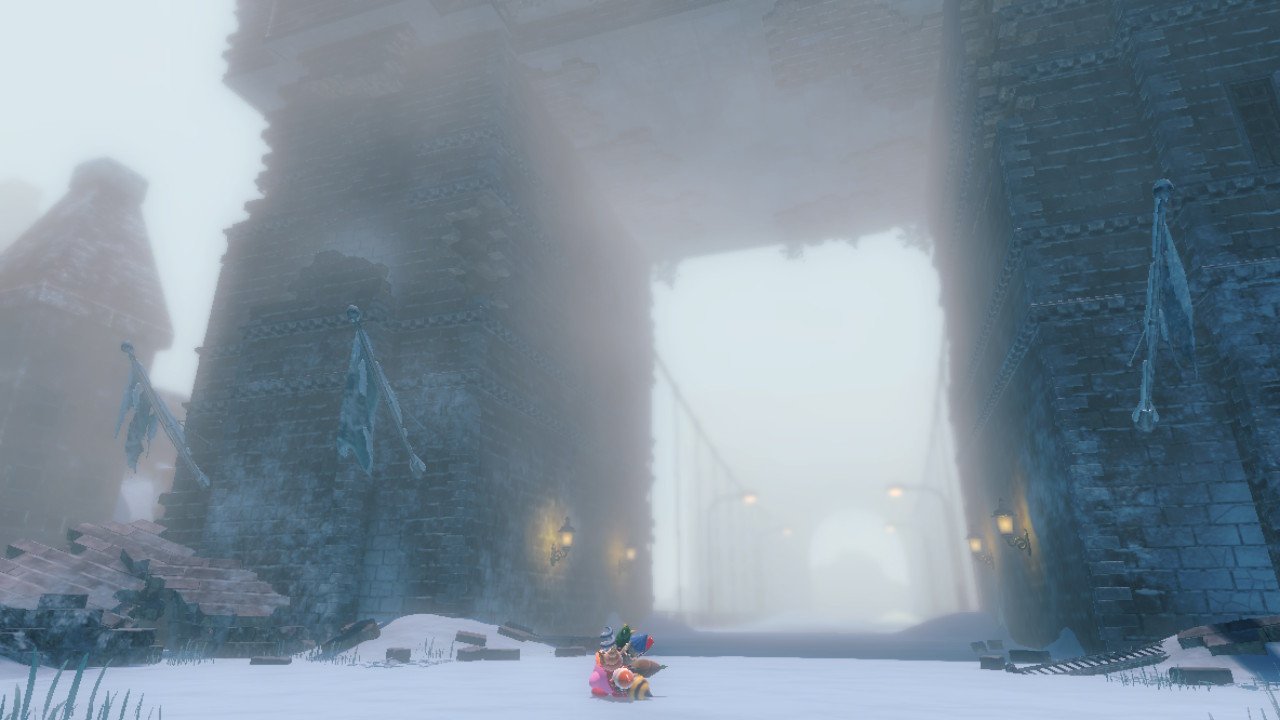Love, Death + Robots is a Netflix backed anthology series of sci-fi stories that mixes cutting-edge animation styles with quick fire storylines. Each episode is stand-alone and with the longest episode clocking in at just over 15 minutes, you’re never too far away from a new world and new ideas. Obviously, this means that some episodes will chime more than others depending upon your tastes but they are all uniformly solid. I have written a brief synopsis and my views of those episodes briefly.
Three Robots- This follows 3 robots as they go on a tour of a post apocalyptic world sans humans. It's very dark with some great humour thrown in.
There is a great homage to the Terminator with the opening shot of a robot foot crushing a skull but from this the tale of 3 robot tourists taking in our crumbling ruins is great fun, more so with the interesting ending.
Beyond the Aquila Rift- When a ship suffers a catastrophic routing error, it is flung thousands of light years away from Earth but luckily a friendly face is on hand...
A great hard sci-fi story with stunning animation.
Ice Age- When a young couple move into a new apartment they find an old time fridge which contains a civilisation in there, but when the society evolves at a fast pace they see how adaptable humans can be.
Mary Elizabeth Winsted stars in this episode and, whilst hokey and a little cheesy, it is a cute episode with human actors.
Sonnie's Edge- When a beastie cage fighter (think mature Pokemon) is tasked to throw a fight she declines but a client is very insistent.
This is an edgy and interesting story with some great stylised animation. The creature designs are quite generic but the revenge story is told well enough.
When the Yoghurt Took Over- Sentient yoghurt solves all of mankind's problems but at what cost to freedom?
A cutely animated but well observed short animation on the fallibility of human nature and our disturbing ability to look for a man (or yoghurt) of destiny that offers easy solutions.
The Secret War- A gritty World War 2 tale of Soviet soldiers fighting an occult enemy they helped create.
A powerhouse of cgi animation with amazing lighting and a tense Alien-esque atmosphere. It culminates in a spectacular gunfight and a heck of a finale.
Sucker of Souls- When Dracula is revived, an aversion to cats saves a motley crew of scientists and mercenaries. But how do they make their way out?
The animation is a scratchy cel shaded style and is cool and whilst the story is interesting, the dialogue is a bit edge-lordy and cringy at times.
The Witness- When a woman witnessed a murder she goes on the run from the assailant.
The cyberpunk style city scape is gorgeous and the frenetic cgi is stunning with hues of pinks and purples adding vibrancy to the place.
Suits- When an infestation threatens the valley and lifestock of a local farm, the local farmers grab their mechs and fight to the death.
This is a gorgeous animation and very tense, at times reminding me of Telltales' Walking Death game in terms of the animation style and art. It's a clever story and exciting as well.
Good Hunting- The Huli Jing are changelings and are hunted as bewitchers but as the world is changing, a Huli Jing and a hunter become friends, looking out for each other and adapting to their environment. When the Huli Jing is abused by men in a rapidly changing world, she adapts and takes bloody revenge.
This is a dark tale about the power of the male gaze and the damage done to women. It's another sumptuously cel animated episode and one of the highlights. The steampunk aesthetic is suitably cool and imaginative. The dialogue is spot on and doesn't try to be too edgy.
The Dump- When a city planner pays a visit to the local dump to evict the tenant he gears an old yarn, but is it true?
A dark comedic piece with a slice of bitterness against capitalism and consumerism.
Shape-Shifters- When a team of American soldiers in Afghanistan are supported by a couple of ware wolves, it seems like they have the advantage. However, the Taliban may have their own dog soldiers and when an American warewolf is killed, its up to the remaining warewolf to find out the truth.
A beautifully animated shirt film and interesting choice of perspective as there are first person shooter angles.
Fish Night- When their car breaks down in the middle of the American desert, two travelling door to door salesmen have an amazing experience with the fantastical creatures of the night.
With rotoscoped style animation, this is a gorgeous animated film that is an audio-visual delight. Definitely one of the highlights from the series which has heart and says something about the human condition without trying to be too edgy or outrageous.
Helping Hand- When an astronaut is out on a spacewalk to fix a satellite but a piece of debris compromises a suit, a sacrifice has to be made.
This is a claustrophobic short film and suitably dramatic. I liked the main protagonist and the quieter moments as she gets used to the idea of dying.
Alternate Histories- A thoroughly original idea based on a not original one, we see 6 different scenarios where Hitler is killed and the resulting aftereffects of these.
Thoroughly creative and quirky, this is a strange but great short looking at causality and it's consequences.
Lucky 13- In the future, a space marine is assigned a ship, Unlucky 13. As she bonds with the AI it becomes lucky 13, but will its luck hold out?
A solid story about the relationships between man and machine and the power of AI.
Blindspot- In a cyberpunk future, when a gang try to steal some CPUs from a convoy there's a powerful machine standing in their way. Will they get it and at what cost?
The animation on this one is a mixture of CGI and more traditional cel animation mix which gives it an impressive look but the dialogue is circa 90s cringey in places.
Zima Blue- When a reclusive yet intergalactic ally famous artist provides an interview to a journalist she seeks what motivates him. His answer is... not what you'd expect.
This is a uniquely stylish production with an art style reminiscent of The Hollow. Like that, this look at the relationship between technology and humans and the search for truth. This is quite a philosophical episode and quite beautiful.
So, after what hung the complete series what did I make of it? Well, I love short-form animation so a series like this is a real boon however the edge-lordiness of some of the episodes, as well as it's gratuitous nudity and violence, made it seem sometimes juvenile and silly. Don't get me wrong, I'm no prude and watched lots of anime and manga back in the 90s, which was peak edgelord with Urotsokidoji, Ninja Scroll, Wicked City and Cyber City 808 being edgy/sexy, but in the 2020s it seems.... misplaced. A few of the episodes are interesting and worth a look like Three Robots, Alternate History, When the Yoghurt Took Over and Zima Blue but too many felt try-hard and almost like fanfic I would have written in my teens in the 90s after watching too much anime- not bad per se but when given a canvas like this, it's really an opportunity to really tell a unique and awesome story.
Overall, the series was worth a watch but I hope the newer series took what was good about the series (the interesting ideas, different animation styles and great sound work) and built it into a more refined experience with a clearer focus.



